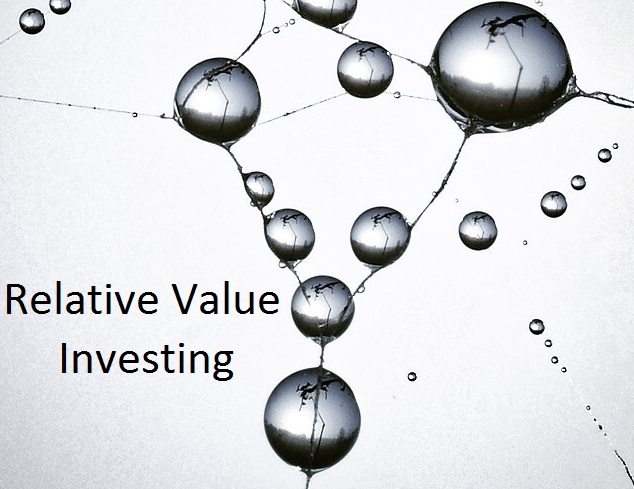source article: Research Affiliates
The cumulative pressures of overseeing someone else’s money creates what economists call the “principal–agent problem”: the principal relies on the agent to make decisions on their behalf when the agent’s best interests may run counter to those of the principal.
Agents often have an incentive to choose portfolio allocations designed to minimise their risk of being fired at an all-too-common three-year evaluation horizon, over which both robust strategies and “the best” managers can experience prolonged bouts of under-performance.
...... no comment needed.
A remedy for the principal–agent problem is to better align incentives by adopting longer evaluation periods, combining multiple robust strategies, using non-robust strategies consciously, and practicing transparent management by individual style performance.

